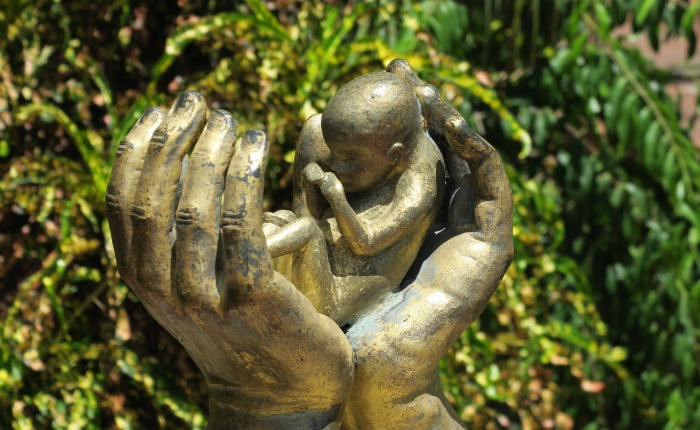The biggest news regarding abortion in the last 50 years is that the Supreme Court of the United States (SCOTUS) has overruled Roe v. Wade and Planned Parenthood of Southeastern Pa. v. Casey, meaning that abortion is no longer a constitutional right in the United States. Instead, the states are free to regulate abortion as they see fit.
This has unleashed considerable negative publicity across social media and popular news outlets. Readers and viewers could be forgiven for thinking that SCOTUS has made a terrible decision that has no legal justification, and that almost everyone is deeply unhappy with it. This isn’t the case.
Firstly, almost all the criticism of the court’s decision is predicated on a view that says prenatal human beings have little or no value. Numerous commentators argue that it removes women’s rights to bodily autonomy, rights they have had for almost 50 years. They assume the moral high ground on this basis. However, if prenatal human beings have the same value as the rest of us, then their bodily autonomy is just as important as ours, and they can’t be sacrificed for the bodily autonomy of others. So, anyone decrying the court’s decision on the basis of the bodily autonomy of women is implicitly stating that they think fetuses are worth far less than other human beings. It’s a moral position, to be sure, but it’s not necessarily correct. The ethics of abortion is highly contentious and widely debated.
Secondly, almost all criticism focuses on the consequences of the court’s decision for women who wish to have abortions. Of course, there will be life-changing consequences in states that choose to restrict abortion, and we should expect these to be highlighted. Discussing them is extremely important. Let’s also not forget that in states that do choose to restrict abortion, the consequences are also life-changing for the thousands of people who will be born who would otherwise have been aborted. Again, this point is rarely mentioned in news coverage of the issue. There has also been remarkably little analysis on why the court made the decision that it did. It’s assumed to be a political decision with no substantial legal reasoning behind it. However, if the judgement is read, it soon becomes clear that there are a number of good reasons why the court acted as it did. For example, as the Constitution makes no mention of abortion, the court argued that rights must be ‘deeply rooted’ in the nation’s history and tradition to be recognized implicitly, citing Washington v. Glucksberg. The court pointed out that this right was only recognized shortly prior to Roe, and argued Roe ‘ignored or misstated’ the history of abortion restrictions. Another criticism is that Casey, in affirming a constitutional right to abortion, failed to endorse the reasoning behind Roe (abandoning its right to privacy argument), and instead primarily relied on the precedent that Roe set.
Thirdly, the overwhelmingly negative press coverage of SCOTUS’s decision fails to represent the substantial minority of Americans who believe that abortion is morally wrong in most circumstances. The most recent Pew Research Centre survey concludes that 37% of Americans hold this view, while 61% of Americans believe abortion should be legal in most cases. The United States is deeply divided on abortion; there is no broad consensus that overruling Roe v Wade is bad for society. This lack of consensus is not represented in current press coverage – it is very one-sided.
Of course, ‘pro-life’ groups that have campaigned for decades for change are celebrating the court’s decision. If, as expected, most Republican states enact laws restricting abortion access, it is reasonable to expect the overall number of abortions in the United States to fall. For those who hold that prenatal human beings are of equal value to all other human beings, this will save thousands of valuable human lives each year.
Interestingly, Peter Singer, a pro-choice philosopher well-known for his qualified support for infanticide, has also suggested that Roe v Wade was a dubious legal decision. Further, Singer believes that controversial issues such as the permissibility of abortion should be resolved by democratic means, not judicial fiat by unelected judges.
